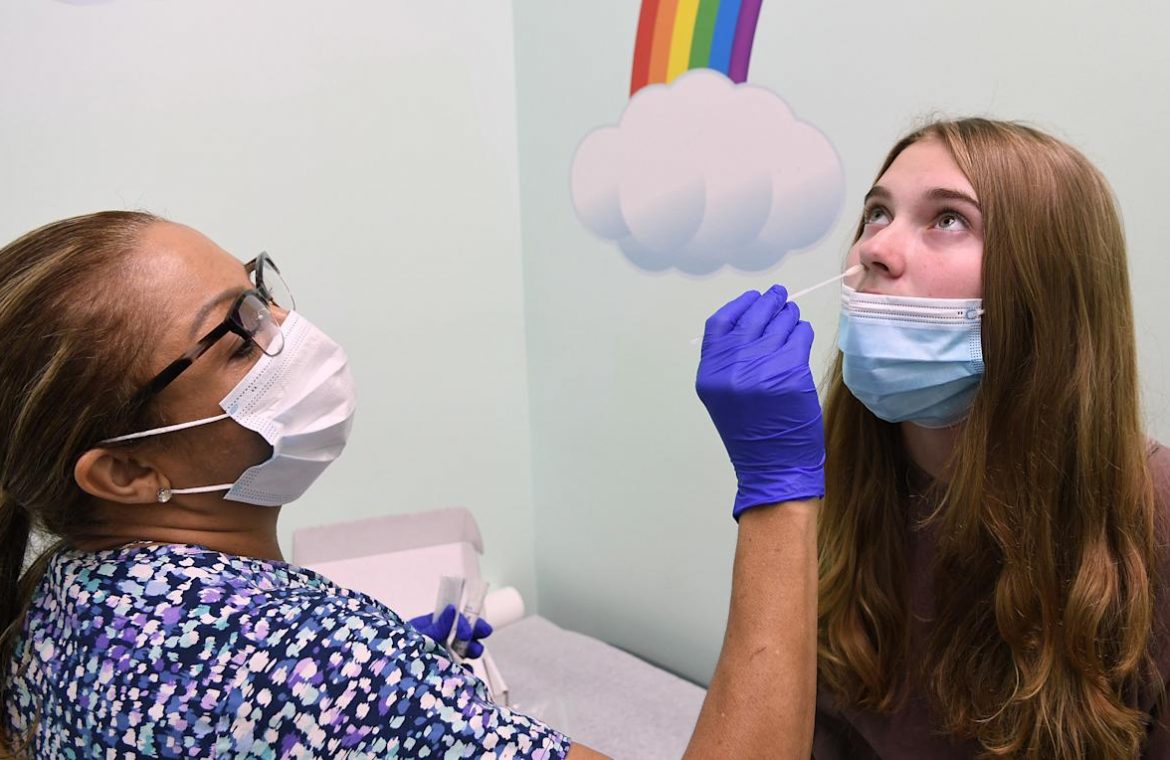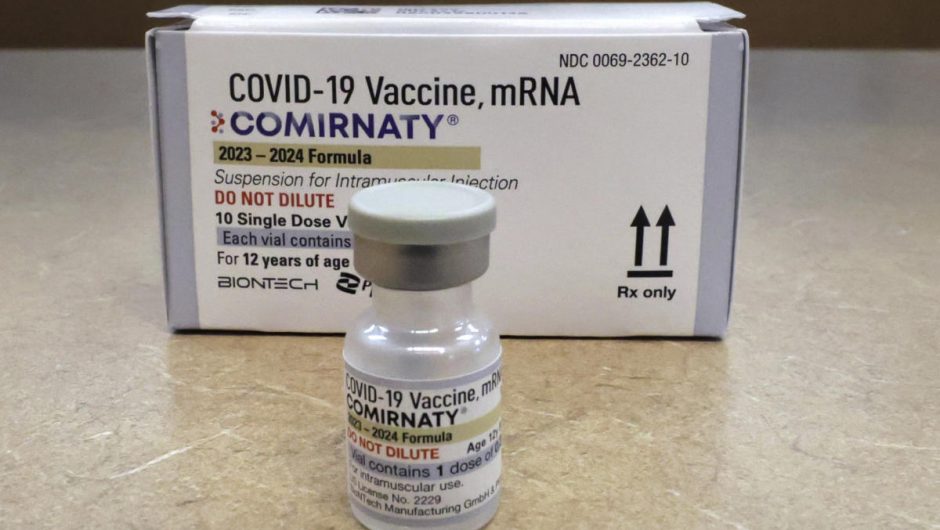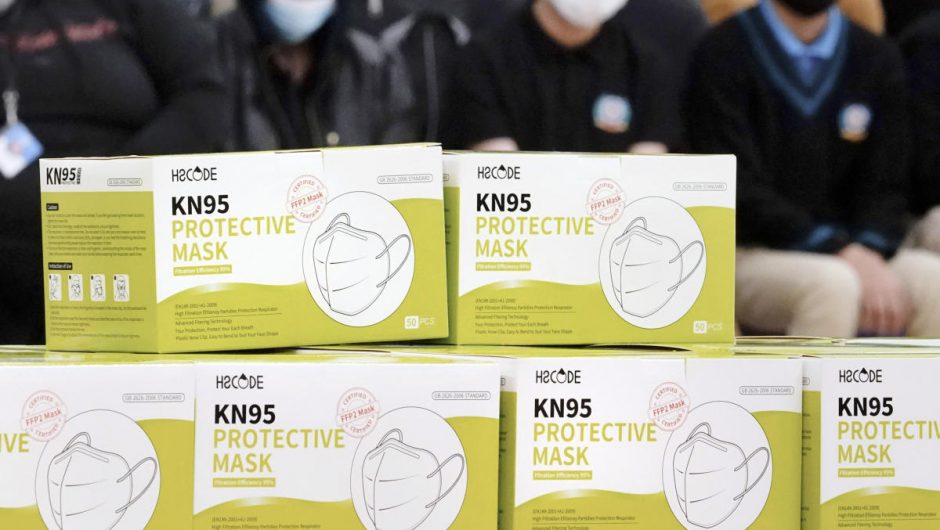[ad_1]
It’s an all-too-common event: The friend or family member you just met with tells you they tested positive for COVID-19.
Maybe you had gathered for a holiday event. Maybe you just met for dinner or drinks. You were probably indoors and unmasked. Or maybe one of your children’s classmates just tested positive.
Regardless of the circumstances, don’t panic and get tested. There are established best practices to minimize your risk and keep your loved ones safe as the Omicron variant picks up steam across the U.S.
Here’s what Yahoo News medical contributor Dr. Lucy McBride advises if you’ve been exposed to someone who tested positive for COVID-19, particularly for parents or guardians with school-age children.
(Some responses have been edited for clarity.)
Yahoo News: What should people do if they learn that they were around someone who tested positive for COVID-19?
Dr. Lucy McBride: For people who have been exposed to someone with COVID-19, if they remain asymptomatic, without any symptoms, it’s important to get a PCR test three to five days after the last exposure. … The PCR test will turn positive before a rapid antigen test … but they can also use rapid antigen tests as a sort of day pass to tell them in the days three to 14 during the incubation period, whether or not they’re carrying infectious levels of virus in their nose; the tests are pretty good at ruling that out.
Does the Omicron variant affect COVID-19 testing?
The Omicron variant is more contagious, so we can expect to see more household transmission, for example, because people are living in close quarters, but Omicron doesn’t change the testing landscape. It just means we need more readily accessible, rapid antigen tests for people who have been exposed but who are not symptomatic.
What should a parent or guardian do if a child or teen was exposed to COVID-19 at school?
A close contact is defined by the Centers for Disease Control and Prevention as someone who has been in the same room closer than 6 feet for more than 15 minutes over a 24-hour period. So just because a child has been exposed to a COVID-19 case at school doesn’t mean that the person necessarily had an exposure as defined by CDC.
Story continues
If a child is exposed to a person with COVID-19, what to do next really depends on whether they are vaccinated. If the child is unvaccinated, they need to stay home and isolate for 14 days unless the school has in place the “test-to-stay” program, which allows students to go to school if they, on that day, test negative with a rapid antigen test.
If your child is vaccinated and has been exposed to someone who has COVID-19, the CDC says that there’s no need to quarantine that child, but they should probably get tested three to five days after the last exposure with a PCR test to make sure they aren’t carrying the virus asymptomatically in their nose.
It’s really important to allow us to keep healthy, nonsymptomatic kids [who have been exposed to COVID-19] in school … that we roll out a test-to-stay program in all schools in the country, whereby kids who have been exposed can take a rapid antigen test. And if it’s negative, that tells us that they are safe to go to school; they are not carrying infectious levels of virus in their nose, such that they pose a danger to other people in the school.
What should a parent or guardian do if a child or teen ends up testing positive for COVID-19?
If your child tests positive for COVID-19, first of all, it’s important to know that that child is very likely to do extremely well, especially if they’re vaccinated, because most kids, even if they’re unvaccinated, tend to do well with COVID-19. The second thing is to alert any close contacts. So anyone who has been in close contact with that child starting 48 hours before symptoms began or before the positive test, whichever came first, needs to be alerted that they’re at potential risk for COVID-19.
[ad_2]
Source link




